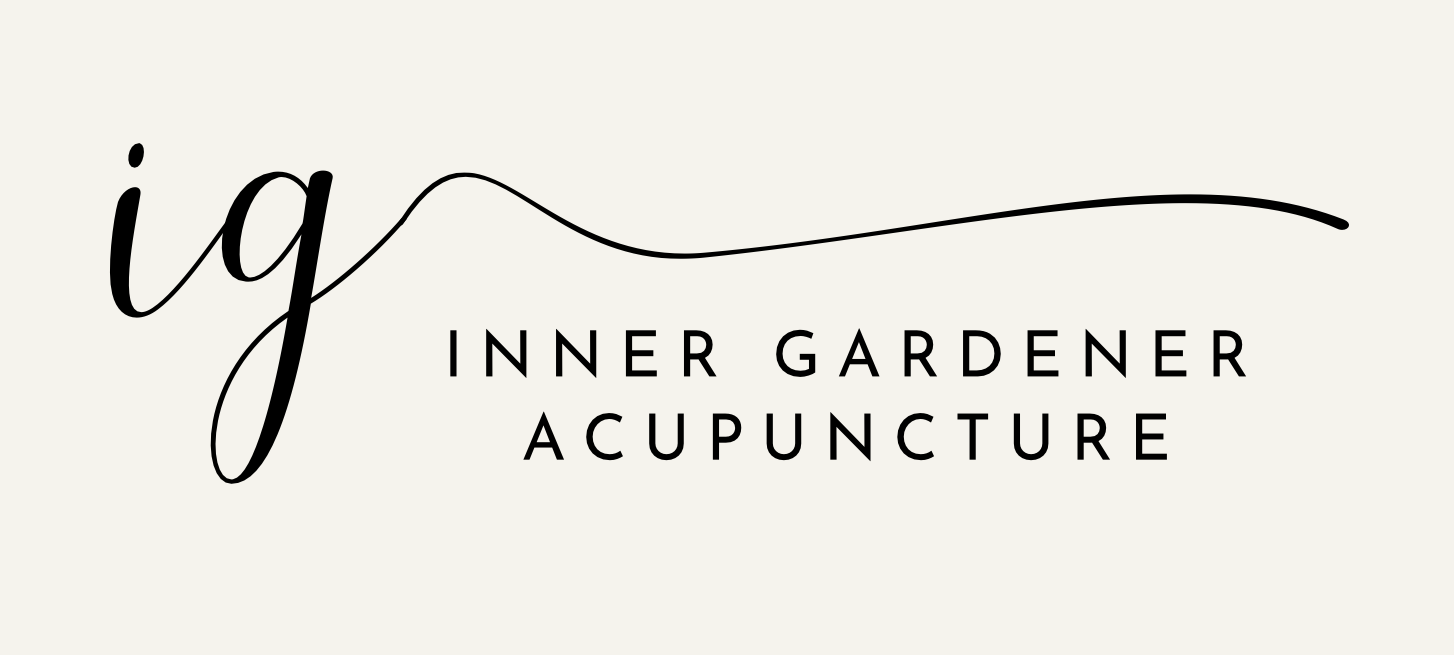What Is Traditional Chinese Medicine?
Traditional Chinese Medicine (TCM) is a complete medical system with more than 2,000 years of clinical history. While many people in the West first encounter TCM through acupuncture for pain relief, its scope reaches far beyond symptom management.
TCM offers a way of understanding why symptoms develop, what internal patterns are driving them, and how to correct those imbalances before they progress into more serious disease. It focuses on regulation, prevention, and long-term resilience.
The Framework of Traditional Chinese Medicine
Rather than isolating symptoms to a single organ or lab value, TCM views the body as an interconnected network of systems. Digestion, sleep, mood, hormones, immunity, and pain are constantly influencing one another.
At the center of this system is Qi—the body’s functional energy. Qi drives circulation, digestion, immune response, metabolism, and repair. It moves through pathways called meridians, which connect surface tissues to internal organs and systems.
When Qi moves freely, the body adapts well to stress and change. When Qi becomes deficient, obstructed, or unbalanced, symptoms appear. These patterns of imbalance follow predictable and clinically consistent pathways.
For example:
Spleen Qi deficiency may show up as fatigue, bloating, loose stools, or brain fog
Liver Qi stagnation often presents as headaches, PMS, digestive upset, stress, or low mood
Kidney deficiency may involve low back pain, hormonal imbalance, hearing changes, or fertility concerns
Acupuncture and Herbal Medicine
Acupuncture works by stimulating specific points along the meridians. Modern research shows that acupuncture influences the nervous system, pain signaling, hormone regulation, circulation, and inflammation. Clinically, it helps relieve symptoms while also supporting the body’s ability to self-regulate.
Herbal medicine functions much like system-wide pharmacology. Rather than targeting a single symptom with one compound, herbal formulas combine multiple herbs to address root imbalances, support affected systems, and reduce side effects.
For example, an herbal formula for chronic digestive issues may:
Improve gut motility
Reduce inflammation
Support nutrient absorption
Calm stress-related nervous system activation
Herbs are chosen and adjusted based on the individual’s pattern—not prescribed generically.
A Different Lens Than Western Medicine
TCM asks, “What system failed to regulate properly, and how did that imbalance unfold over time?”
This perspective helps explain why TCM is especially effective for chronic and complex conditions—such as autoimmune disorders, hormonal imbalances, digestive issues, and long-standing pain—where symptoms develop gradually and involve multiple systems.
TCM does not replace Western medicine. The two approaches can work together. Western medicine excels at emergency care and acute intervention. TCM excels at restoring balance, supporting prevention, and addressing long-term patterns.
Think of Western medicine as a skilled mechanic who can replace a broken part, while TCM is the gardener tending the soil—improving the environment so the whole system can thrive.
Both perspectives are valuable. TCM simply offers another way of understanding the body—one that emphasizes patterns, balance, and the conditions in which health grows.
When we care for ourselves with patience and respect for natural rhythms, we create the foundation for lasting health—much like tending a well-loved garden.
